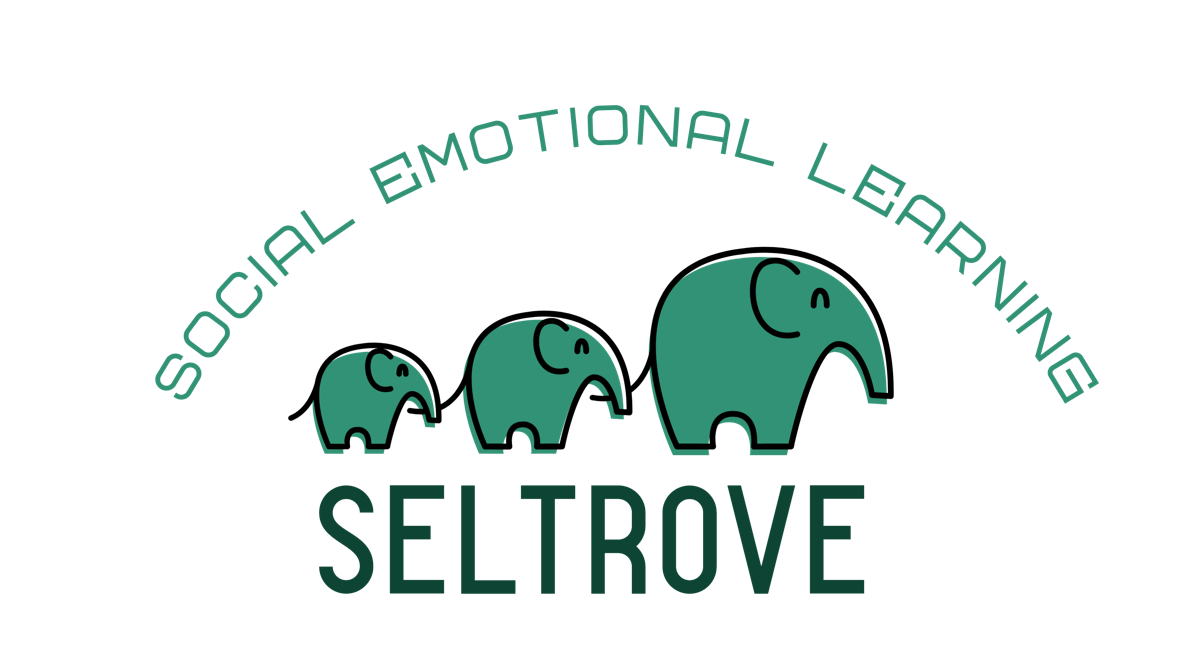1. Be sure to start the day with a morning routine that prioritizes you.
Even if you only start with 3-5 minutes, make sure you get to work or to class a little earlier so you can check in with yourself, take some deep breaths, and feel more prepared.
2. Model self-compassion for your students.
Do a think-aloud to show your students what it looks like to take a critical or judgmental thought about yourself and turn it around.
3. Write it down.
Journaling can be a great way to give yourself some space and it is also something you can encourage your students to do. You can just do a brain dump, you can make a gratitude list, or you can write about how you would approach the situation if a friend was struggling (to see how you would treat them differently than you ‘re treating yourself).
4. Take a break.
Show students what it looks like to acknowledge a limitation in a healthy way. Encourage short breaks, take them yourself, and return to the task or situation when you are finished.
More than anything, remember that modeling matters and that students are often paying more attention to what we are doing and how we are showing up than they are to what we are saying or teaching.
More Teacher Tools
To learn more about social awareness and equity, subscribe to our Equity Workshops. Find out more about this bundle here.
Write your awesome label here.
More SEL Teacher Workshops
Identity Workshops
Focus on teaching and supporting your students as they navigate their identity, explore their emotions and develop self-management skills
SEL Foundation Workshops
The SEL Foundations bundle gives you all the information, practice, and resources you need to use SEL-aligned teaching practices with confidence.
Healthy Well-Being Workshops
Learn how to teach students about their own well-being including trauma-informed teaching practices and decision-making skills.
Community Workshops
Support your students as they navigate tough social situations and create healthy relationships.
Student SEL
Classroom-Ready Curriculum
Find no-teacher-prep SEL curriculum for your Kindergarten through 12th grade students with the Seltrove student planners! Learn more about our planners here.
Write your awesome label here.
